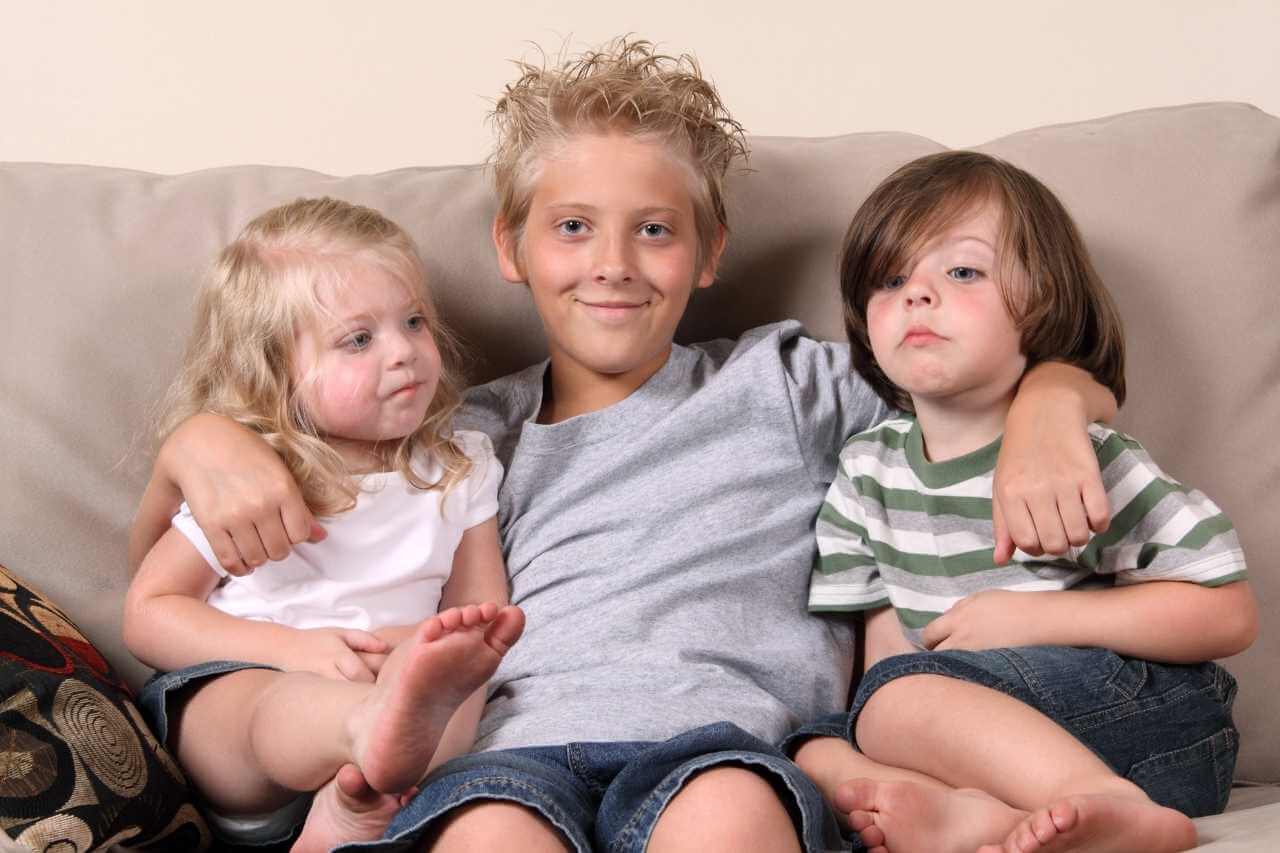Siblings can learn so much from one another. In this article, learn more about the influence of sibling relations on bullying.
People have one of the most challenging yet enduring connections they will ever have with their brothers and sisters. Even if one or both parents die, their children will always have one another and the memories they share.
Even though these kinds of relationships might be filled with resentment, jealousy, and competition, they can also be a person’s strongest allies. However, can these familial ties prevent bullying from occurring?
Even though there is a dearth of study on the subject, most scientists believe that having siblings has the same, if not more, influence on a child’s adjustment and development as parental involvement.
Healthy sibling relationships, marked by warmth, intimacy, and problem-solving, have been found to be helpful in the recovery of siblings who have been bullied. And no matter how good or horrible their childhoods were, the relationships they formed with their siblings reverberate throughout their lives.
The Positive Effects of Sibling Relationships on Children’s Development
Every sibling relationship is unique, just like every other type of human interaction. Others fear the thought of ever being in the same room with their siblings. Every person has days when they appreciate each other and others when they can’t stand to be around each other, even if most people fall somewhere in the middle.
Whatever a child’s sibling connection level, there are ways that strong sibling relationships not only shield kids from bullying’s repercussions but also give them the support they need to get over the grief bullying may inflict. Sibling relationships can have a significant impact on bullying in general.
Interpersonal Skills are Taught.
With their siblings, young children can practice social skills and learn how to communicate effectively.
They learn how to communicate with people, resolve conflicts, compromise when necessary, and negotiate for what they want from their siblings. As a result, they know how to deal with a wide range of emotions from other people and how to deal with challenging circumstances.
It’s through all of these experiences that students learn to deal with bullies in school and prepare themselves for life outside of the family. Bullies will be less likely to target kids who are self-assured and have dealt with adversity in the past.
They Cultivate A More Selfless Disposition In Children.
When children have siblings, they learn that the world does not revolve around them. They must communicate and negotiate in order to share everything from the restroom to the television remote.
In addition, children learn how to share, take turns, and put others first when they grow up with brothers and sisters. When this occurs, bullying and a sense of entitlement among children are less likely to occur. As an alternative to being demanding and manipulative, they engage in constructive dialogue with their peers, reaching agreements and understandings through negotiation and compromise.
Empathy Is One Of The Skills They Instill In Their Students.
They gain insights into other people’s experiences that they wouldn’t otherwise have had if they were growing up in isolation. For both the friend and themselves, they will be able to empathize with someone who is going through a similar situation.
There Is Always Someone To Turn To.
Bullies can single out siblings for bullying, despite the protective nature of sibling ties. To help siblings cope with and heal from the trauma of bullying, it is important to have an established relationship between the siblings.
You’ll Get Straightforward Advice.
Siblings can always rely on one another for brutally honest feedback, whether it’s on a buddy or a hairdo. In addition to being bothersome at times, this form of unfiltered communication has the potential to act as a protective barrier against bullying.
Unhealthy friendships and violent romantic relationships frequently include warning flags that siblings can spot. They have no trouble identifying antagonists and abusive spouses, and they aren’t afraid to warn their siblings about them. In addition, elder siblings can offer valuable advice on how to avoid school bullying hotspots and which students should be avoided.
Unhealthy Sibling Relationships’ Effects
Strong sibling relationships are the norm, but they can have long-lasting implications when they don’t work out. As a matter of fact, abusive or violent sibling relationships can not only lead to bullying but can also interfere with a child’s normal growth and development.
The use of coercion, manipulation, and relational aggressiveness as coping techniques for children is also common. In addition, they may be a victim of dating violence, have dysfunctional friendships, or suffer from despair.
Addiction and underachievement are also more likely in families with dysfunctional sibling dynamics. According to some psychologists, the relationship between siblings is one of the best indicators of future happiness.
The best way to foster great sibling relationships is to have parents model these behaviors for their children. Make it clear that bullying, physical aggressiveness, and name-calling are not allowed in your workplace.
It’s not just about protecting children from bullying, but it’s also about teaching them how to work as a team and compromise. Furthermore, because sibling connections continue the longest in a person’s lifetime, it only makes sense to take care of them when they are young.
Meaningful articles you might like: Providing Support to Siblings of Disabled Children, Rivalry Amongst Siblings, Preparing Your Child For a New Sibling

